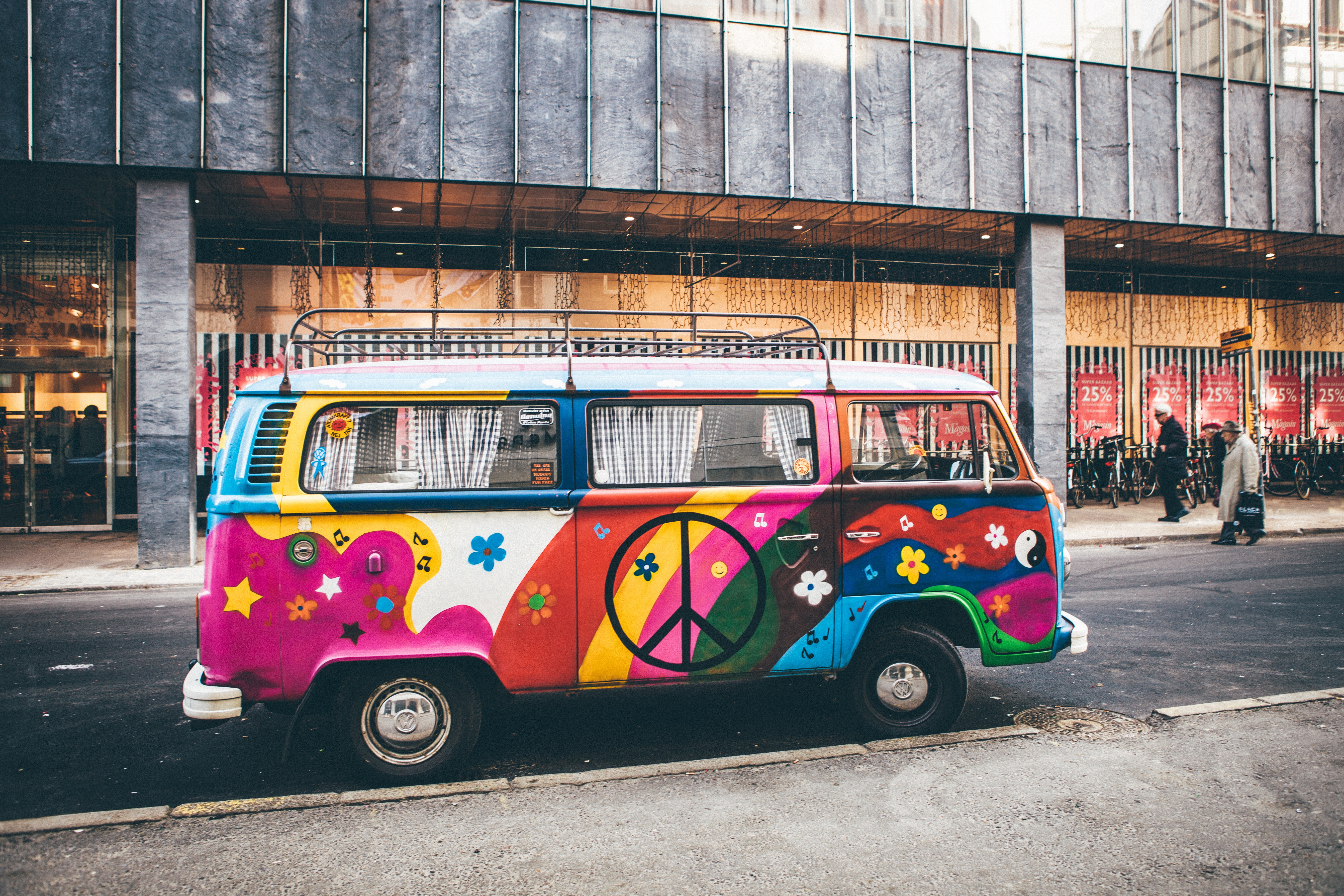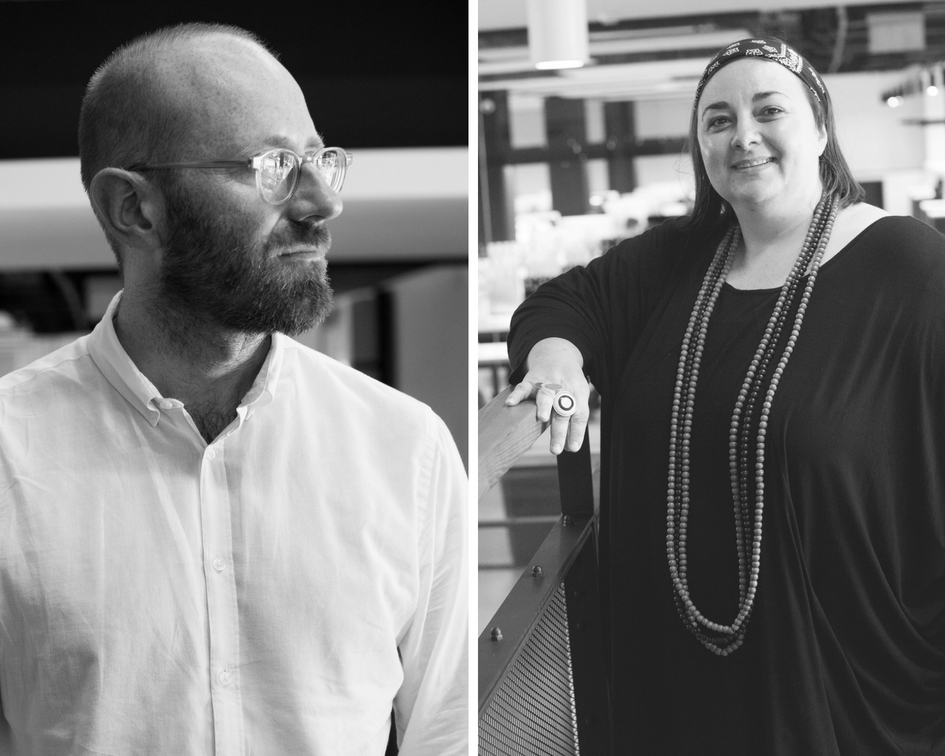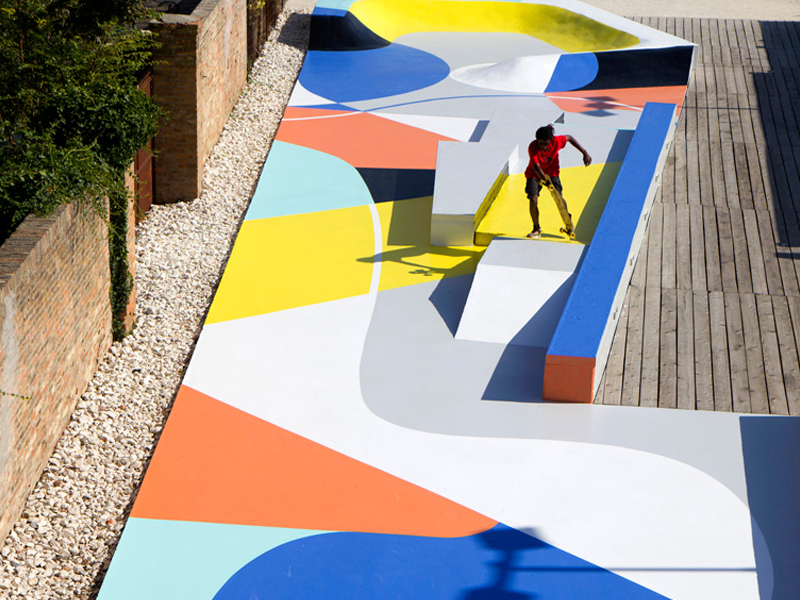
What culture can do in post-conflict recovery: research
British Council made a report “The Art of Peace: The Value of Culture in Post-Conflict Recovery” which is based on research conducted by the University of the West of Scotland, which looked at academic literature and country case studies in an effort to gain a better understanding of the role of culture in mitigating conflict and building peace.
That's what they learned:
The use of arts and culture to address issues of conflict is wide-ranging
Programmes can be found at all stages of the conflict cycle, from prevention to post-conflict recovery. They can be state-led, international, initiated by cultural relations organisations.
As with other types of intervention, cultural programmes do not provide any simple solutions to the complex issues of conflict and peace
An arts exhibition or community theatre project will never have the power to stop violence directly. But arts as a process and an approach can have a significant impact on individuals, communities and society at large and contribute to an enabling environment for peace. In ‘hotspot’ areas where violence is exacerbated by ethnic tensions or socioeconomic marginalisation, cultural programmes can help defuse tensions, promote reconciliation, offer alternative pathways and equip communities with the skills they need for post-conflict recovery.
Cultural programs can reconcile and strengthen civil society
Colombia provides another example of the integration of cultural and arts programmes into a government’s national reconciliation strategy. These include Music For Reconciliation programme, which provides a space for the reintegration of victims of war - giving young people quality musical education with a focus on group music-making, in order to aid reconciliation and recovery.
Arts and culture are regarded as offering a more neutral ground for mutual understanding than explicit peacebuilding activities
The report highlights the two strengths of art and cultural programs during conflicts. The first is the ability to engage society through their own cultural language. The second is the ability to foster understanding. Art and culture offer a more neutral basis for mutual understanding, as they are able to unite people from different groups around common interests and goals, rather than around issues related to the conflict. But the study warns that the ability of art to transform conflicts should not be exaggerated, because there is a possibility that these programmes can also exacerbate the conflict. The report also identifies several key risks and problems for such programs in conflict situations, for example, unrealistic expectations, limited evidence, lack of sensitivity to conflicts, and others.
Arts and cultural programmes can have success when they are locally led
The existing evidence indicates that arts and cultural programmes can have success when they are locally led, based on an understanding of local cultural traditions, and linked to wider reconciliation and recovery programmes.
The report you can find here.




